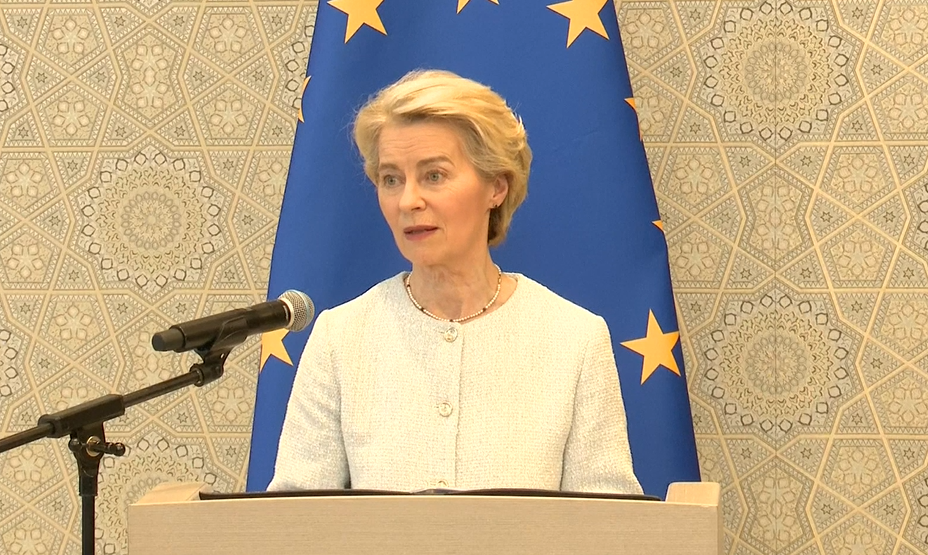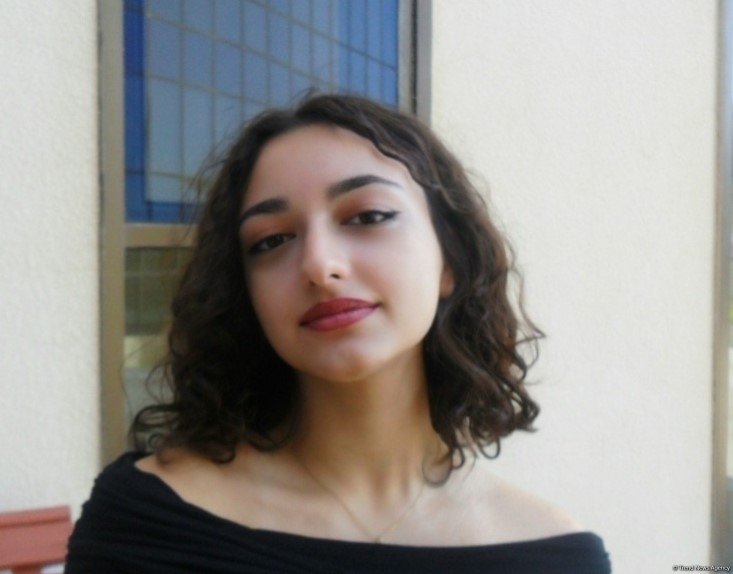BAKU, Azerbaijan, April 4. The European Union is building a strategic partnership with Central Asia, focusing on four priority areas, the President of the European Commission, Ursula von der Leyen, said at a press conference during the EU-Central Asia summit in Samarkand, Trend reports.
"Today, a new chapter in relations between the EU and Central Asia has begun. We are launching a new strategic partnership. This means we can rely on each other, which is particularly important in the modern world. The political will to deepen cooperation has never been clearer, and to kick off this new phase, the EU has launched an investment package under the Global Gateway program worth 12 billion euro, focusing on four key areas," von der Leyen also said.
She emphasized that the first area is transport.
Ursula von der Leyen stated that the EU aims to bring regions closer together, with the main project being the Trans-Caspian Transport Corridor, in which the European Union is investing 10 billion euro. This project is expected to significantly improve transportation infrastructure and facilitate trade between the EU and Central Asia.
"The second area concerns climate, energy, and water resources. These issues are crucial for protecting the ecosystem of the region. Under this initiative, the EU is actively involved in the construction of large hydropower plants, such as the Kambaratin hydropower plant, which will support the region's water and energy security. Additionally, the EU has started the creation of a 'green' belt in the Aral," von der Leyen noted.
According to her, the third area is digitization. Ursula von der Leyen emphasized the importance of satellite technologies to provide internet access to the most remote areas of Central Asia.
"We want to connect remote villages, schools, and hospitals. For this, the EU is using its world-class satellites to install ground stations in the region," said the president of the European Commission.
She mentioned the fourth area — critical raw materials, which play a key role in the transition to the clean economy of the future. Central Asia has significant reserves of these materials, and the EU offers fair conditions for cooperation in this field.
The official emphasized that the EU wants to build local value-added chains for critical minerals to create jobs in the region and ensure that the value created in the region stays in the region.
"This is our concept of fair partnership. This is the Global Gateway approach. I am very pleased to see how our partners are eager to implement these large-scale projects," von der Leyen concluded.
Stay up-to-date with more news on Trend News Agency's WhatsApp channel







